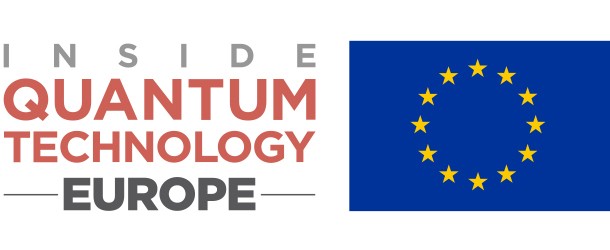ZDNet Profiles IQT Europe’s Discussions of Quantum Supremacy, Quantum Advantage & Quantum Practicality

(ZDNet) ZDNet Senior Editor Scott Fulton III provides comprehensive coverage of IQT Europe’s sessions and speakers who discussed the shift from quantum supremacy to the move to think about new ways to describe advances in quantum computing, such as ‘quantum advantage’ and ‘quantum practicality’. Fulton’s text is summarized here; the complete source article is in-depth and worth the time for those interested in the quantum supremacy, quantum advantage or quantum practicality.
“Quantum supremacy” was supposed to have been the goalpost for an entirely new branch of the computing industry. Quantum supremacy was the point in which a computer based around a quantum processor reliably performed a task better than a classical semiconductor-based system ever could. Many believe it’s time to shift away from quantum supremacy and start thinking about new ways to describe advances in quantum computing, such as ‘quantum advantage’ and ‘quantum practicality’.
Lawrence Gasman, the founder and president of Virginia-based consultancy Inside Quantum Technology, and creator of the IQT Europe conference said in his keynote at the IQT Europe event last week, “”It seemed to me that this quantum advantage / quantum supremacy issue is really at the core of everything,” he said. “If we can’t really achieve a quantum computer that is better in some sense — leaving open the question of what that sense is — than our classical computers, then there’s nothing here. No shame in that. There are technologies that just never really make it.”
“Quantum advantage is the goal of applying a quantum computer to successfully solve a real-world problem that is too hard to solve with a conventional computer,” stated Dr Joseph Emerson, founder and CEO of Ontario-based QC support software developer Quantum Benchmark.
Prof. Lieven Vandersypen, who serves as Scientific Director for Dutch quantum research association QuTech while teaching at Delft University of Technology, prefers yet another term altogether: quantum practicality, which he attributes to James Clarke, Intel’s director of quantum hardware. In Intel’s August announcement of collaborating with Argonne National Laboratory on QC, Clarke wrote, “At Intel, we are taking a broad view of quantum research that spans hardware and software with a singular focus on getting quantum out of labs and into the real world, where it can solve real problems.”
Quantum computing experts speaking at IQT Europe have compared the state of their industry to the rise of microcomputers in the 1970s. Back then, too, engineers achieved practical or impractical, but certainly improbable, milestones, only for someone to move the goalposts.



















